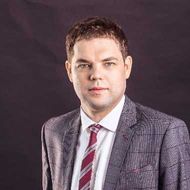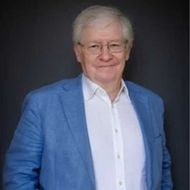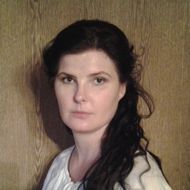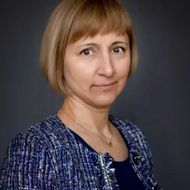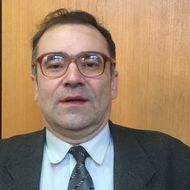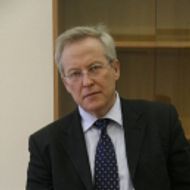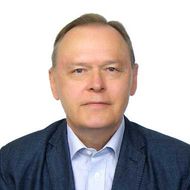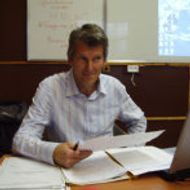- A
- A
- A
- ABC
- ABC
- ABC
- ąÉ
- ąÉ
- ąÉ
- ąÉ
- ąÉ
- HSE University
- Faculties
- Faculty of World Economy and International Affairs
- School of World Economy
- News
- School of World Economy Hosted Erasmus+ Lecture on Environmental Taxes and Ecological Tax Reform by Dr. Miguel Buñuel
-
The School
17/1 Malaya Ordynka Str., Moscow, 119017
Phone: +7(495)772-95-90*22237
Email: wec@hse.ru
 The Multilateralism of the New Development Bank on the Sustainable Economic Growth in BRICS Nations and Beyond
The Multilateralism of the New Development Bank on the Sustainable Economic Growth in BRICS Nations and Beyond
Morozkina A., Grigoryev L. M., Gaspardo M. et al.
Emerald Group Publishing Ltd., 2025.
Igor Makarov, Elizaveta Smolovik.
Energy Research and Social Science. 2026. Vol. 132.
Leonid Grigoryev, Morozkina A.
In bk.: The Multilateralism of the New Development Bank on the Sustainable Economic Growth in BRICS Nations and Beyond. Emerald Group Publishing Ltd., 2025. Ch. 6. P. 83-101.
ALI I.
GMU Working Paper in Economics. SSRN Working Paper Series. Social Science Research Network, 2025

School of World Economy Hosted Erasmus+ Lecture on Environmental Taxes and Ecological Tax Reform by Dr. Miguel Buñuel
The new sustainable energy model requires far greater energy efficiency. It also calls that renewable energies and, perhaps, carbon capture and storage be deployed on a massive scale. A dramatic shift is also needed in government policies, notably creating a higher level of long-term policy certainty over future demand for low carbon technologies, upon which industryŌĆÖs decision makers can rely. The best way to do this is through the use of market based policies, together with social behavior, which needs to change beyond what is possible just using market based instruments.
In addition to discussing new sustainable energy model, policy perspectives and behavior changes, Dr. Bu├▒uel addressed environmental taxes as a key market based policy and the basis for ecological tax reforms.
 |
| Miguel Bu├▒uel |
Dr. Miguel Bu├▒uelŌĆÖs lecture was made possible through EU Erasmus+ Programme. Video recording of his presentation is available for reviewing on seminarŌĆÖs page . The School of World Economy hosts regular open seminars that allow faculty and graduate students to share their research results and current work on various world economy topics. Information on past speakers and topics is available here .
For information about presenting at the School of World Economy seminar series in the upcoming academic year, please contact N. Milovantseva or N. Supyan .
- About
- About
- Key Figures & Facts
- Sustainability at HSE University
- Faculties & Departments
- International Partnerships
- Faculty & Staff
- HSE Buildings
- HSE University for Persons with Disabilities
- Public Enquiries
- Studies
- Admissions
- Programme Catalogue
- Undergraduate
- Graduate
- Exchange Programmes
- Summer Schools
- Semester in Moscow
- Business Internship
- © HSE University 1993–2026 Contacts Copyright Privacy Policy Site Map
- Edit
